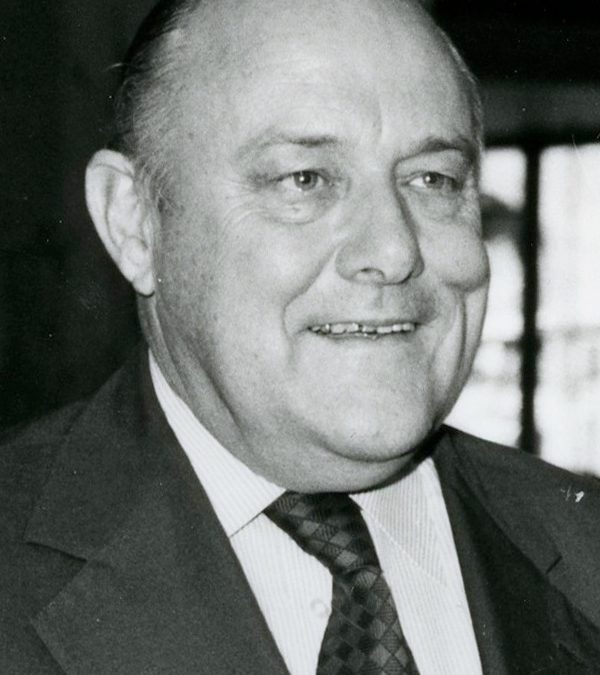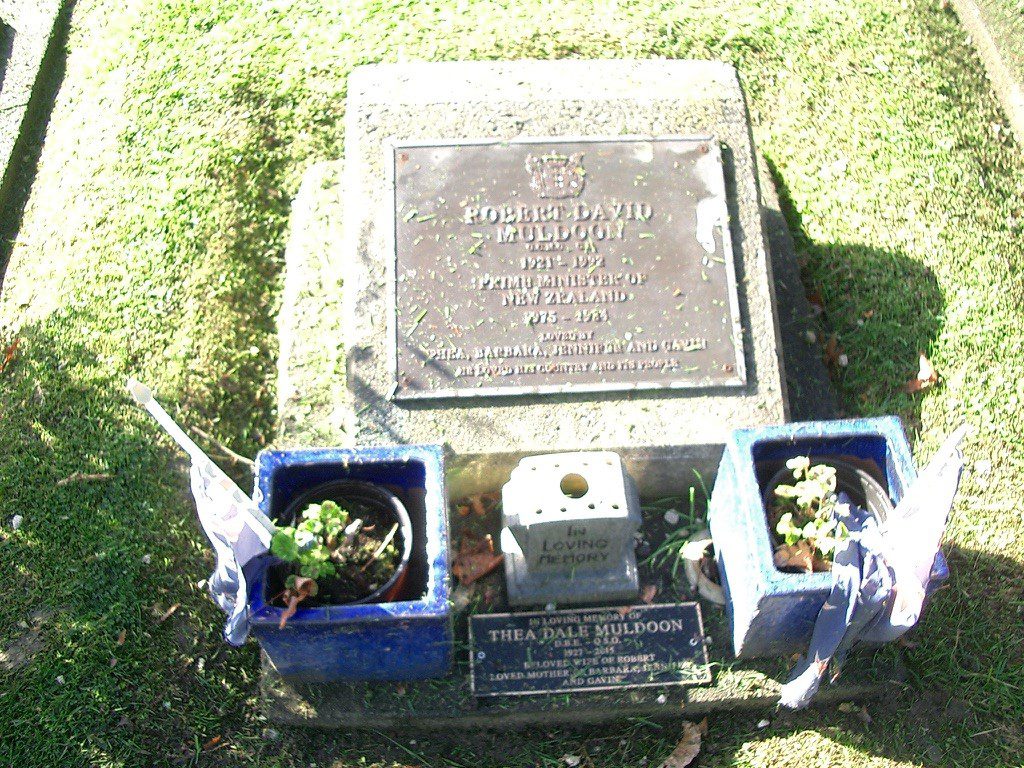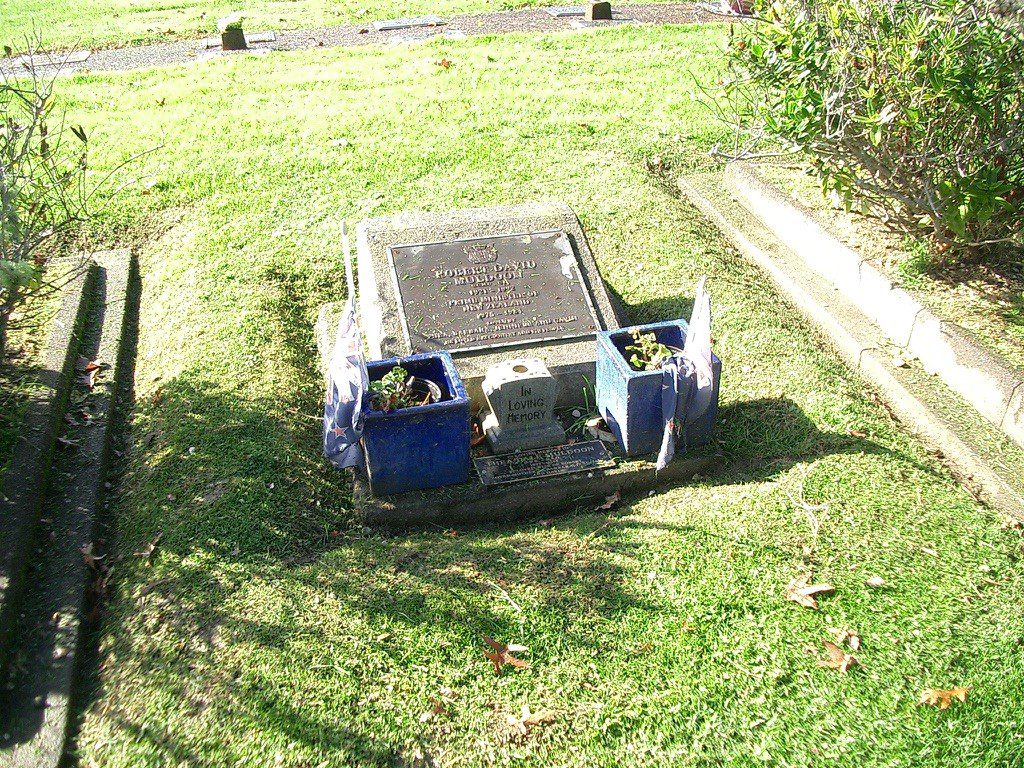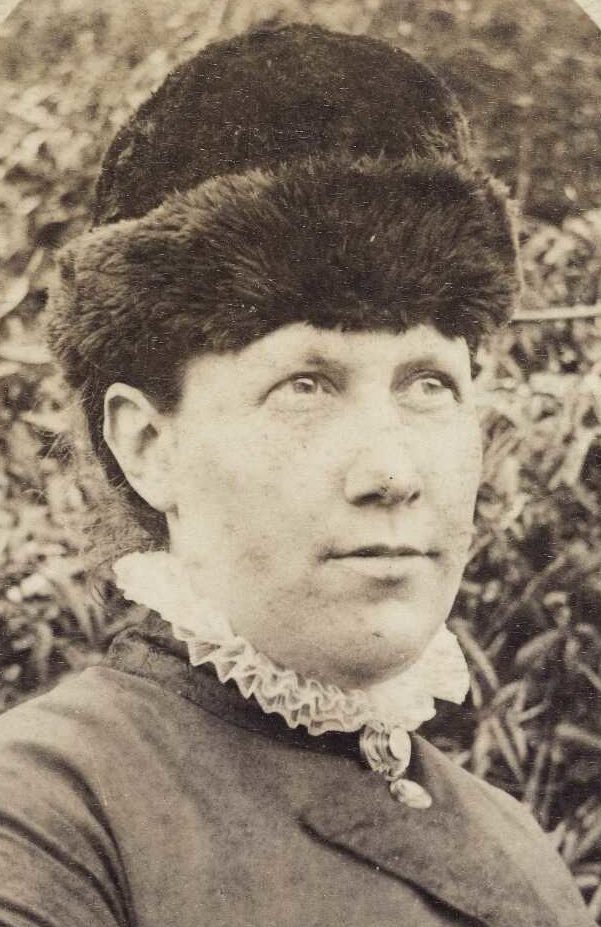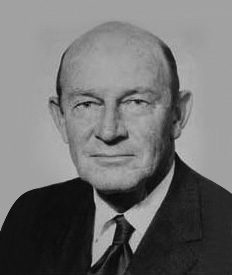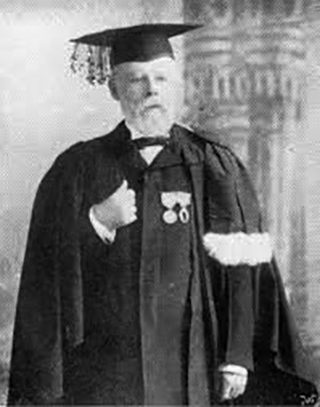Sir Robert David Muldoon was the most controversial politician of his era. He saw service during World War II and trained as an accountant, famously taking his final examinations while in Italy. As a politician, he was an able debater with a quick tongue and a willingness to counter-punch that left his enemies wary. Muldoon managed to instinctively straddle what was then the political middle ground, midway between a social and moral conservatism on the right (anti-abortion and moral standards organisations were at their peak) and a more permissive, politically liberal, environmentally aware movement on his left.
He found the middle ground in provincial towns and the suburbs of the larger cities where mortgage belt families battled high inflation and an uncertain global outlook as Britain sort EEC membership. As the economic shock precipitated by rapid rises in crude oil prices hit, domestic energy development was ranged against environmental protection. Strict regulations from retail prices to import controls to interest rates were used to hold back the impact of the global transformation of the 1970s and 1980s.
Muldoon, through his advocacy of separation between politics and sport, found an issue in the Springbok Tour of 1981 that both inspired his ‘Rob’s Mob’ supporters and infuriated his more liberal detractors. Ultimately Muldoon’s attempts to retain the harmony of a 1960s New Zealand that was more imagined than real failed but in so doing he unleashed counter forces that led to far greater changes and liberalisation in domestic and foreign policy than even he had ever envisaged.
Sir Robert David Muldoon
Died 1992
Block R Row 0 Plot 001A

